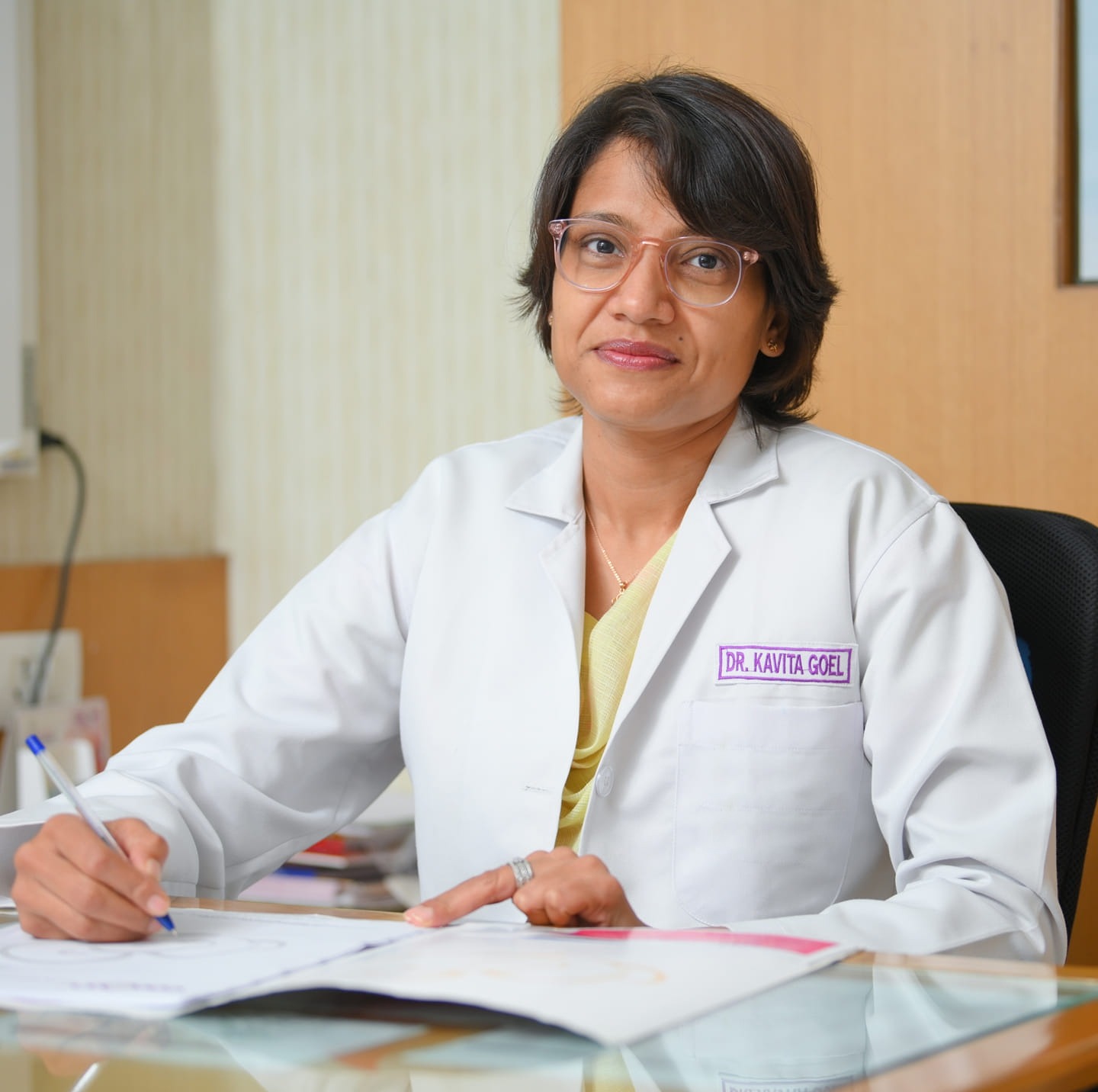Treatments
High Risk Pregnancy Treatment in Jaipur
A high-risk pregnancy, also known as a high-risk obstetric situation, refers to a pregnancy in which there is an increased likelihood of complications for the mother, the fetus, or both. These complications can arise due to various factors, and it’s important for pregnant individuals in such situations to receive specialized medical care and monitoring to ensure the best possible outcomes. Here are some factors and conditions that can lead to a high-risk pregnancy:
Treatments
Here are some factors and conditions that can lead to a high-risk pregnancy:
Maternal Age: Women who become pregnant at a very young age (teenagers) or later in life (typically over the age of 35) are at an increased risk of certain complications. Younger mothers may face issues related to immaturity, while older mothers may be at higher risk for conditions like gestational diabetes and chromosomal abnormalities.
Medical Conditions: Pre-existing medical conditions such as diabetes, hypertension, heart disease, autoimmune disorders, kidney disease, and epilepsy can complicate pregnancy and require careful management.
Multiple Gestation: Pregnancies with twins, triplets, or more are considered high-risk due to the increased likelihood of complications, including premature birth and low birth weight.
History of Pregnancy Complications: If a woman has previously experienced complications during pregnancy, such as preeclampsia, preterm birth, or stillbirth, she may be considered high-risk in subsequent pregnancies.
Infections: Certain infections, such as HIV, hepatitis B or C, and sexually transmitted infections, can impact both the mother and the baby during pregnancy.
Placental Issues: Conditions like placenta previa (where the placenta covers the cervix) or placental abruption (where the placenta detaches from the uterine wall prematurely) can be high-risk situations.
Genetic Factors: Certain genetic conditions or chromosomal abnormalities in the fetus can increase the risk of complications during pregnancy and birth.
Preterm Labor: A history of preterm birth or other risk factors for preterm labor can make a pregnancy high-risk.
Substance Abuse: The use of alcohol, tobacco, or illicit drugs during pregnancy can lead to complications and developmental issues for the baby.
Obesity: Obesity increases the risk of gestational diabetes, high blood pressure, and other complications during pregnancy.
Poor Prenatal Care: A lack of adequate prenatal care or late initiation of prenatal care can contribute to complications.
Environmental Factors: Exposure to certain environmental toxins and pollutants can pose risks to a developing fetus.
It’s crucial for individuals with high-risk pregnancies to receive care from a healthcare provider experienced in managing these situations. Specialized monitoring and medical interventions may be necessary to mitigate risks and ensure the health of both the mother and the baby. High-risk pregnancies often involve more frequent prenatal visits, specialized testing, and consultation with maternal-fetal medicine specialists or other specialists as needed. The goal is to optimize the chances of a healthy pregnancy and delivery.

Dr. Kavita Goel
Dr Kavita is a renowned Gynecologist and Gynae Laparoscopic surgeon and strongly believes in Evidence-Based Practice.
She has also published many featured article related to Obstetrics and Gynecological care in leading newspapers and magazines like Rajasthan Patrika, Danik Bhaskar and many more.
Dr. Kavita Goel has more than 20+ years of experience in this field. She has a patient oriented approach and is well updated with latest treatment protocols.
M.B.B.S
Sawai Man Singh Medical College, Jaipur, Rajasthan (2003)
- M.S.
S.P.Medical College, Bikaner, (2006-2009) First Attempt Qualifications (FELLOWSHIP)
FMAS (Fellowship In Minimal Access Surgery 2018)
FGES(Fellowship In Gynae Endoscopic Surgery 2019)Work Experience
Assistant Professor in S.M.S MEDICAL COLLEGE JAIPUR (2 years)
Clinical Associate in SION (LTMGH) Hospital Sion MUMBAI (1 year)
Clinical Associate in Hinduja Hospital Mahim MUMBAI (1 year)
Clinical Associate in Bombay Hospital Marine Lines MUMBAI (1 year)
Clinical Associate in ESIC Hospital MGM Hospital Parel MUMBAI (1 year)
Clinical Associate in Fortis Hospital Jaipur (2 years)
Consultant at Cocoon Hospital Jaipur from (3 years)
Membership
- MCI-2005-IMR-8219
- Member Of FOGSI
- Member Of AGESR
- Member Of ESI
- Member Of IAGE
Registration
RMC – 022249
FAQs
Most patients who are having a hysterectomy to treat abnormal uterine bleeding or fibroids can have a laparoscopic hysterectomy. It may not be possible in some cases. For example, if the uterus is bigger than a 4 month pregnancy but depends on the surgeon, if she’s had multiple previous operations in her lower abdomen. It is usually not done for women with a gynecologic cancer.
An ovarian cystectomy is surgery to remove a cyst from your ovary. Laparoscopic surgery is a minimally invasive surgery technique that only uses a few small incisions in your lower abdomen.
Many women will have an ovarian cyst at some point during their lives. Commonly, cysts will cause little to no symptoms. However, if a cyst is causing painful or discomforting systems, surgical removal of the cysts may be the best treatment option. Some symptoms of an ovarian cyst include pelvic pain, especially during your period or sexual intercourse.



